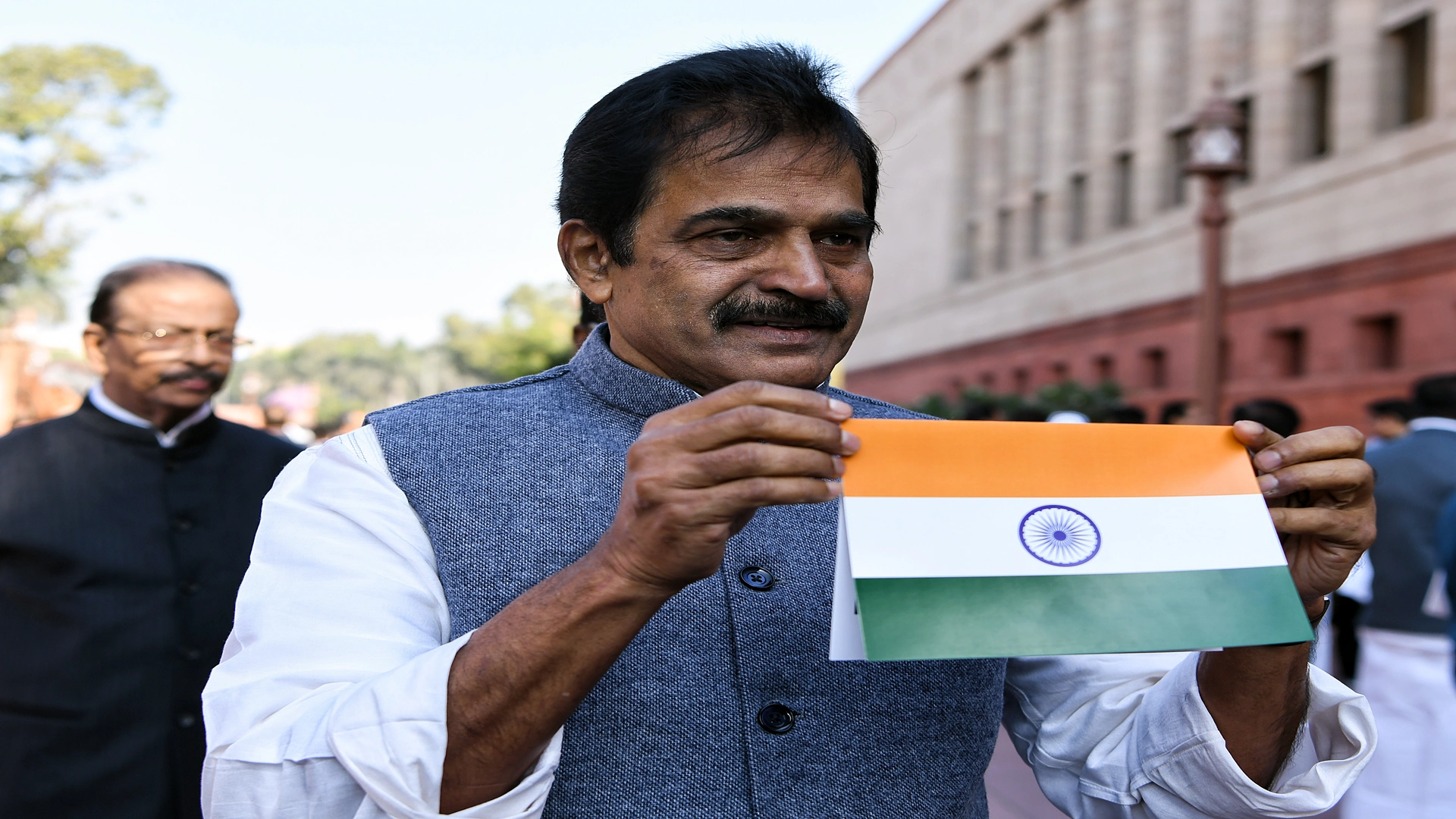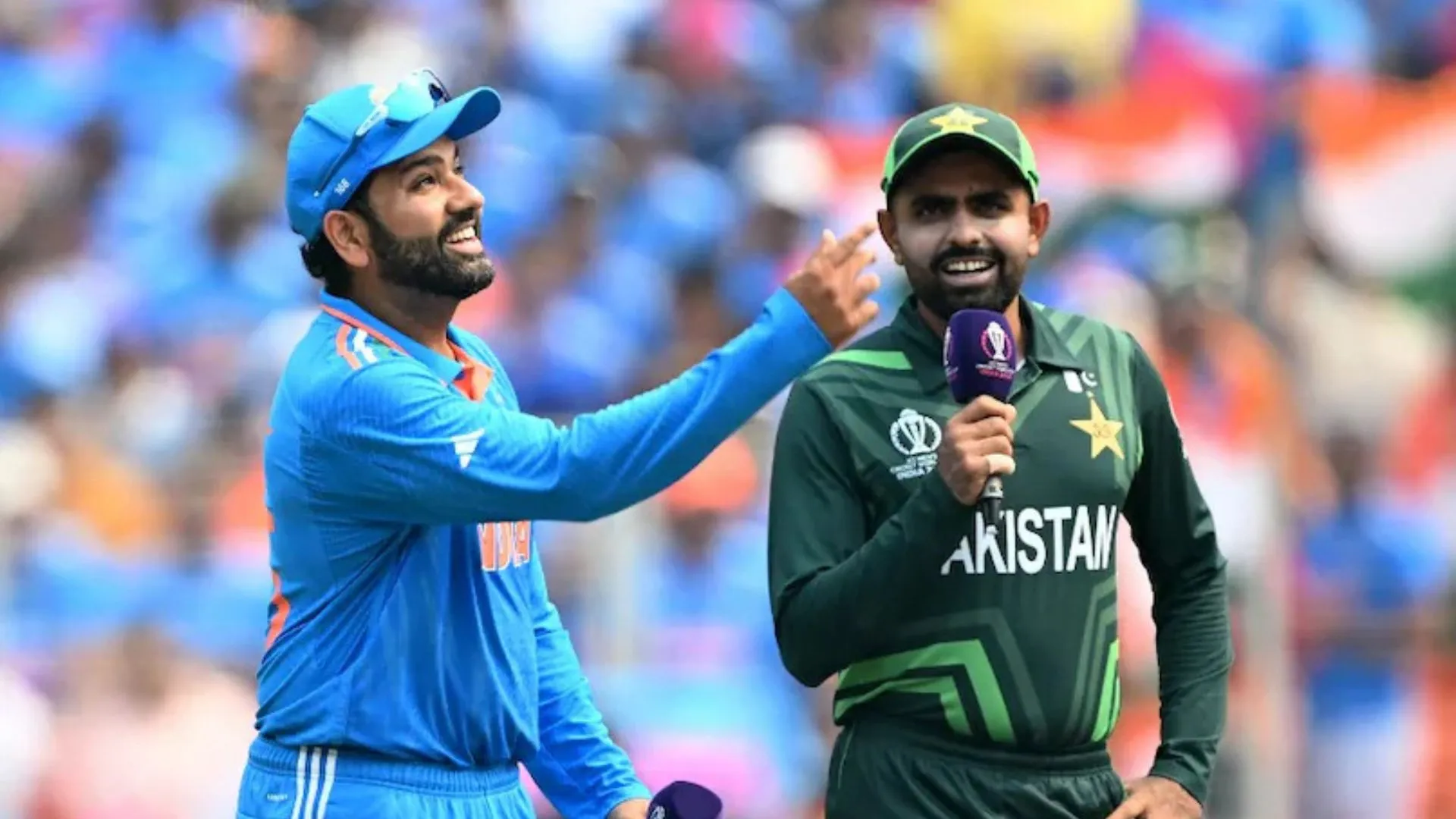India’s health insurance landscape has recently undergone significant transformations, with the Insurance Regulatory and Development Authority of India (IRDAI) introducing several new rules to streamline and enhance health insurance claims. According to an Economic Times report, these updates aim to improve the policyholder experience and expedite the claims process.
One of the most notable changes is the ability to file cashless health insurance claims anywhere, even at non-network hospitals. Previously, patients had to pay out of pocket and seek reimbursement post-discharge. Now, medical fees can be claimed from the insurer immediately, alleviating financial burdens during hospital stays.
The IRDAI has also mandated quicker processing times for cashless claims. Insurers are now required to clear claims within three hours of receiving them from the hospital at discharge. Additionally, at the time of admission, claims must be cleared within one hour, significantly reducing delays.
Another critical update involves the waiting period for pre-existing diseases. This period has been reduced from four years to three years, enabling policyholders to claim insurance for pre-existing conditions sooner than before.
In a move to recognize and validate traditional medicine, the IRDAI has removed limitations for Ayush treatments, which include Ayurveda, Yoga, Unani, Siddha, and Homeopathy. Claims for these treatments will not be rejected if the specified conditions are met.
The moratorium period, during which insurers cannot contest claims on grounds of non-disclosure or misrepresentation (except in cases of fraud), has been reduced from eight years to five years. This change applies to health plans with continuous coverage, including portability and migration.
Finally, the IRDAI has introduced provisions for claims involving multiple insurers. Policyholders can now combine multiple health insurance policies to cover a single hospitalization bill. For instance, if a patient has two policies worth Rs. 5 lakh and Rs. 10 lakh, and incurs a hospital bill of Rs. 12 lakh, both policies can be used to settle the claim.
These reforms by the IRDAI are poised to make health insurance more accessible and user-friendly, offering greater flexibility and faster support to policyholders across India.














